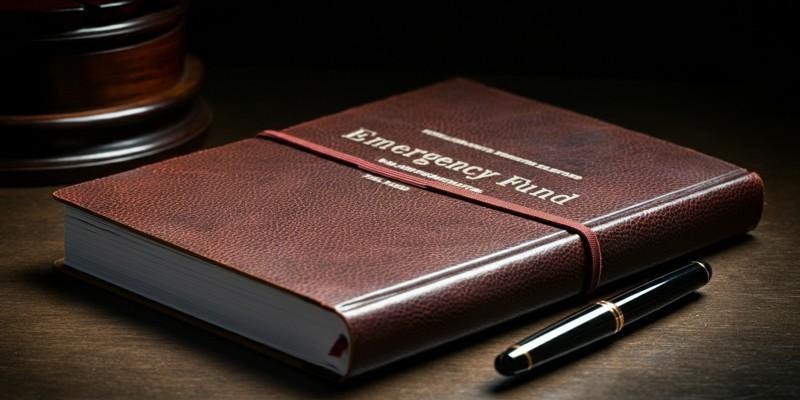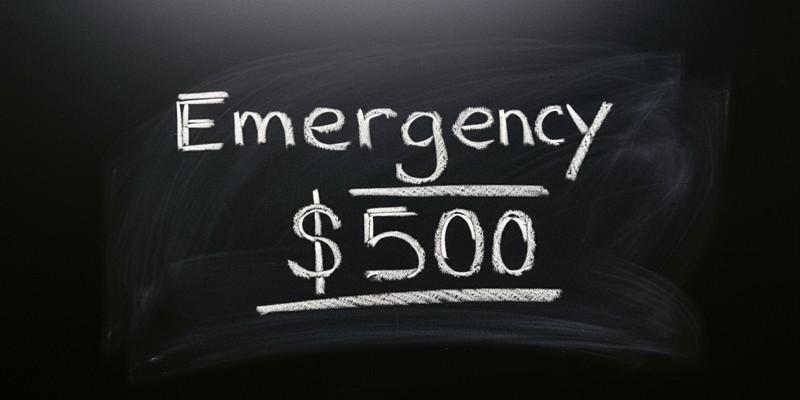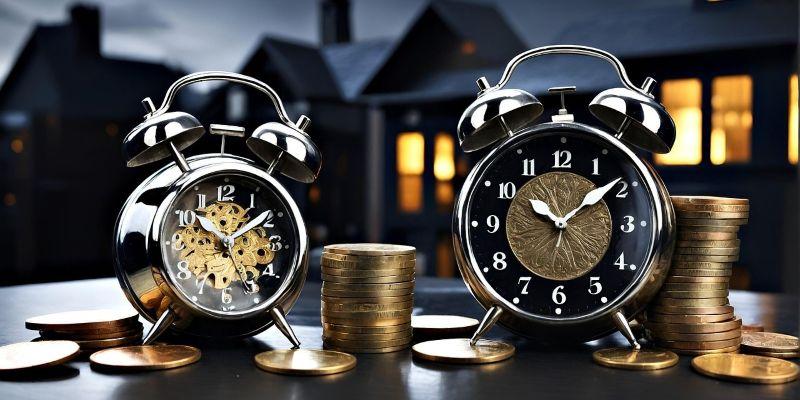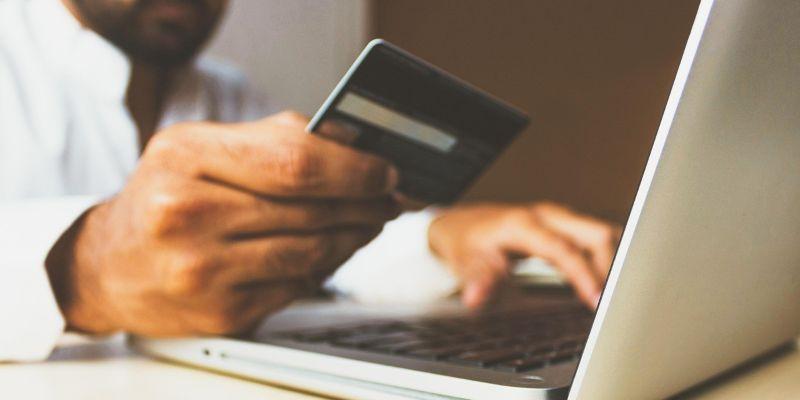Are you ready for life's curveballs, including steep financial prices? In today's economic uncertainty, the need for an emergency fund is more vital than ever. Though most financial experts recommend saving 3-6 months of expenses, even a modest cushion of $500 can make quite a difference when sudden costs or disruptions in income pop up.

Uncertainties abound in life, and financial upsets can come at any time. For this reason, every household should have an emergency fund, irrespective of income level or financial situation. A fully stocked emergency fund offers a financial safety net that will give peace of mind and protect against unexpected expenses or disruptions in income.
An emergency fund is the shock absorber for life's whimsy that comes at you. And if you have some money available for contingencies, chances are slim that you stress out over financial misfortune. Long-term thinking with positivity, owing to the knowledge there is always a cushion that will catch you when an opportunity presents itself, is enabled by a certain kind of security.
Without an emergency fund, all sudden expenses automatically mean falling back on credit cards or loans at exorbitant interest rates. This could be a vicarious circle of debt that is impossible to emerge from. Liquid reserves you can quickly access keep you from expensive borrowings and steady even in the most turbulent financial times.
A robust emergency fund allows for making essential life choices uncomplicated by immediate, compelling financial needs. Furthering your career elsewhere or relocating for more promise, taking time off for any family member, having the freedom to do anything that aligns with your core goals and values, and saving gives the liberty to make.
The emergency fund is a necessity during times of economic uncertainty. Loss of jobs, reduced hours, and/or unexpected medical expenses upset financial plans faster than almost anything. The key to sailing through those trying periods without going haywire is saving for many months of expenses.

Life likes to throw financial curveballs when you least suspect it. At the same time, one cannot predict every expense, and the $500 emergency fund has proved essential in soaking up most of the jolts of life. Listed below are 38 such sudden expenditures that can relatively quickly drain your account in case you're not well-prepared for these, including home-related emergencies:
Your home is your castle, but it can also be an accident waiting to happen in many ways. Burst pipes, broken windows-the list goes on and on, with costs adding up pretty quickly, including the following:
Your car is your lifeline, but it can be a real money pit when things go wrong:
Your health is priceless, but medical treatment can be pretty expensive:
Surprises in life can get pretty expensive:
With at least an emergency fund of $ 500, you can overcome all those shockers without resorting to high-interest credit cards or loans. Remember that financial preparedness is key to weathering storm surprises in life.
Building up an emergency fund of $500 may sound daunting, but it is achievable with the right approach. First, set realistic goals about how much you can save every week or every month. Even a certain sum, like $10 or $20 weekly, starts adding up quickly. The key is consistency, so make it a habit: automate your savings to transfer money into a separate account. Set it and forget it, and there the money keeps rolling in, and voila, your goal is met in no time.
Go through your expenses and find areas to cut. Cancel unused subscriptions, eat out less, or find cheaper ways to buy something. Then, put the money saved directly into your emergency fund. Minor inconveniences translate into a good chunk of financial security later on.
You can increase your income through a part-time job, freelancing, or selling anything you may no longer need to accelerate the pace at which you save money. Any money you come by should go straight to your emergency cash. These side hustles will make it easier to reach your target much sooner and provide a different level of comfort than the money brought home through a routine stream of income.
When you receive extra money—whether from a tax refund, a bonus, or a gift—avoid the urge to spend it immediately. Instead, consider setting aside a significant portion, or even all of it, into your emergency fund. Windfalls like these can give your savings a meaningful boost, helping you reach goals like $500 much faster than through regular saving alone.
Follow your progress either on budgeting applications or a simple spreadsheet. It will be a motivating thing to see that emergency fund grow. Celebrate when you reach a particular milestone, $100 or $250. Remember for what you build the fund-for peace of mind and financial security. Having the goal in sight will make the process easier to commit to.
Hiding an emergency fund of $500 is the secret to financial security and peace of mind. By setting an emergency savings goal, you take active steps toward cushioning yourself against surprise expenses probably some financial setbacks.
 TOP
TOP
If you still believe that women don’t get heart diseases or that only older people can have heart diseases, you are wrong
 TOP
TOP
How building wealth is possible at any age with practical strategies that focus on consistent habits, smart choices, and long-term thinking
 TOP
TOP
Start making the most of your 401(k) today and secure a stronger financial future. Learn how timing, employer matches, and smart contributions can improve your retirement
 TOP
TOP
How financial aid for college works—from grants and scholarships to loans and work-study programs. Get clear, practical guidance for every funding option
 TOP
TOP
Discover 5 unique horse races that take place around the world, blending speed, thrill, and stunning cultural locations.
 TOP
TOP
Discover how Easter is celebrated across countries, from egg rolling to water fights, offering joy through local traditions.
 TOP
TOP
Explore North Wales’ most breathtaking gardens, from serene floral paths to hillside greenery with sea views.
 TOP
TOP
Wondering if it’s the right time for a loan? Learn how rates, timing, and your finances impact the decision.
 TOP
TOP
Discover the top reasons to pay credit card bills on time and how it safeguards your credit, money, and peace of mind.
 TOP
TOP
Uncover the best experiences in Rome, Italy, with this essential guide. Walk through ancient ruins, explore piazzas, visit historic churches, and get to know the Eternal City at your own pace
 TOP
TOP
Discover the best places to stay in Nashville, from lively downtown hotels to charming neighborhood rentals. Explore top areas suited for music lovers, families, and anyone seeking the perfect Nashville experience
 TOP
TOP
Thinking about a lease buyout? Learn how to evaluate your options, compare costs, and decide whether keeping your vehicle is the right move. Understand the financial side before making your next step